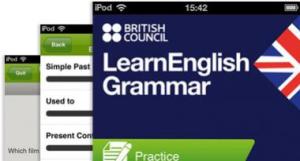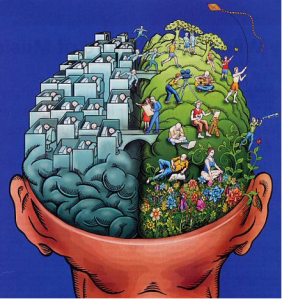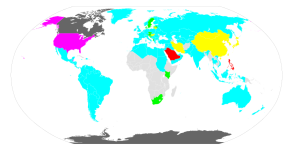English as a Second Language Podcast
A podcast is like a downloadable radio show.
Imagine there was a show on the radio dedicated to developing your communication skills in English. That’s what ESL Podcast is.
If you are new to podcasting, check out the mobile app Podcast Republic so you can practice English with ESL Podcast while you are on your way to work (commuting to work).
Happy Holidays
ESL Trainer, Workshop Facilitator and Presentation Coach
Contact: robert.moneyhon@gmail.com 054-550-6566
English as a second language, Business English, Learning English in Israel, Israel, Training in Israel, Tel Aviv, Professional English, Communicating in English, Executives, ESL CELTA


_01.jpg)







